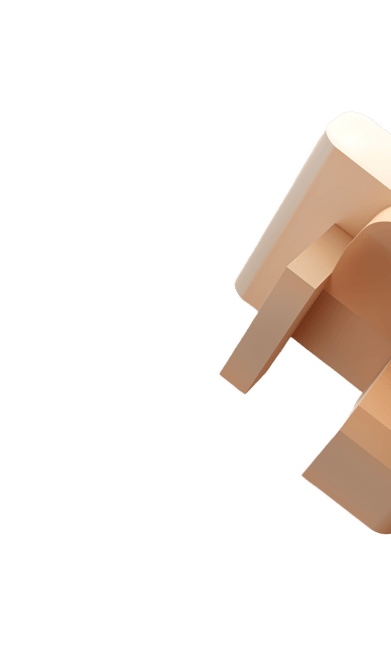What happens after a mortgage offer is issued?
You've got your mortgage offer! This is a significant milestone in the home-buying journey, but what happens next?
After a long, and sometimes arduous, process of searching for the perfect home and going through the mortgage application, you finally receive some good news: a mortgage offer has been issued! Congrats! But this is just the first hurdle – what happens next?
Let's explore the steps that follow after a mortgage offer is issued.
1. Reviewing the offer
Once you receive the mortgage offer, you should take the time to review it thoroughly. Pay close attention to the terms and conditions, interest rate, repayment schedule, and special clauses or requirements. Make sure you understand all the details and ask for clarification from your lender or mortgage adviser if needed.
Here are a few things to pay attention to:
whether your deal has early repayment charges
what fees are attached to your mortgage deal
how much your monthly repayments will be
the interest rate your mortgage will have
the length of your mortgage term
2. Acceptance
Once you’re happy with the terms and conditions outlined in the offer, you’ll need to provide your formal acceptance. This can usually be done by signing and returning a copy of the offer to your lender. Keep in mind that the offer may have an expiration date, so try to be prompt in your response.
3. The conveyancing process
Once you’ve accepted the offer, your solicitor will move forward with all the legal admin required. This is the conveyancing process and involves the surveys, searches, and managing/payment of legal fees.
SmartBuyer is our premium service that helps speed up this process by matching you to a suitable conveyancer and managing your surveys and legal fees.
4. Exchange of contracts
After receiving the mortgage offer and ensuring all legal requirements have been met, you and the seller will exchange contracts. At this point, the purchase becomes legally binding, and both parties are committed to the transaction.
5. Completion
The final step is completion, also known as the closing process. This is when the remaining funds for the purchase are transferred to the seller, and you become the legal owner of the property. Your solicitor will handle the necessary paperwork, register the property in your name, and coordinate the transfer of funds.
It's important to note that the exact timeline and process may vary depending on the lender, solicitor, and specific circumstances. However, the steps outlined above provide a general overview of what happens after a mortgage offer is issued.

Important info & marketing claims
You may have to pay an early repayment charge to your existing lender if you remortgage. Your savings will depend on personal circumstances.
Your home may be repossessed if you do not keep up repayments on your mortgage.
*89% of customers will be better off using Better.co.uk rather than going direct with their lender. Read more on our marketing claims page.
We can't always guarantee we will be able to help you with your mortgage application depending on your credit history and circumstances.
Average mortgage decision and approval times are based on Better.co.uk's historic data for lenders we submit applications to.
Tracker rates are identified after comparing over 12,000 mortgage products from over 100 mortgage lenders.
As of January 2023, Better.co.uk has access to over 100 lenders. This number is subject to change.
For buy-to-let landlords, there's no guarantee that it will be possible to arrange continuous letting of a property, nor that rental income will be sufficient to meet the cost of the mortgage.

